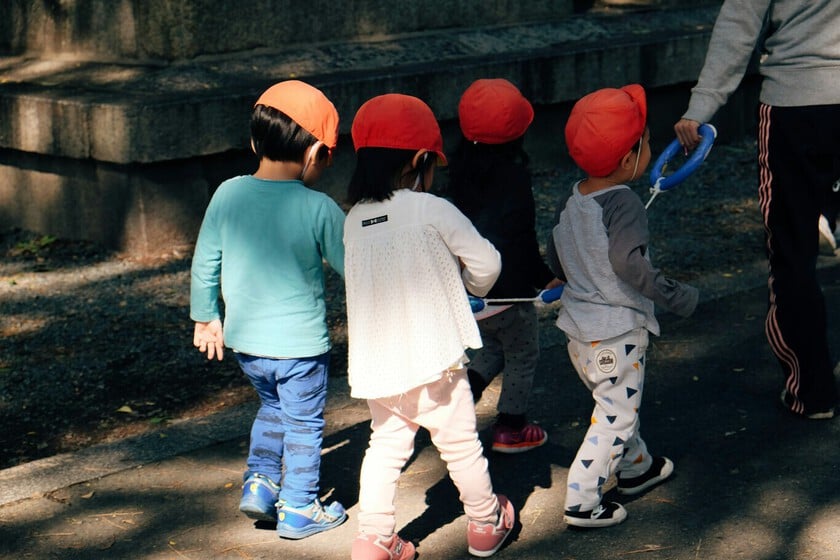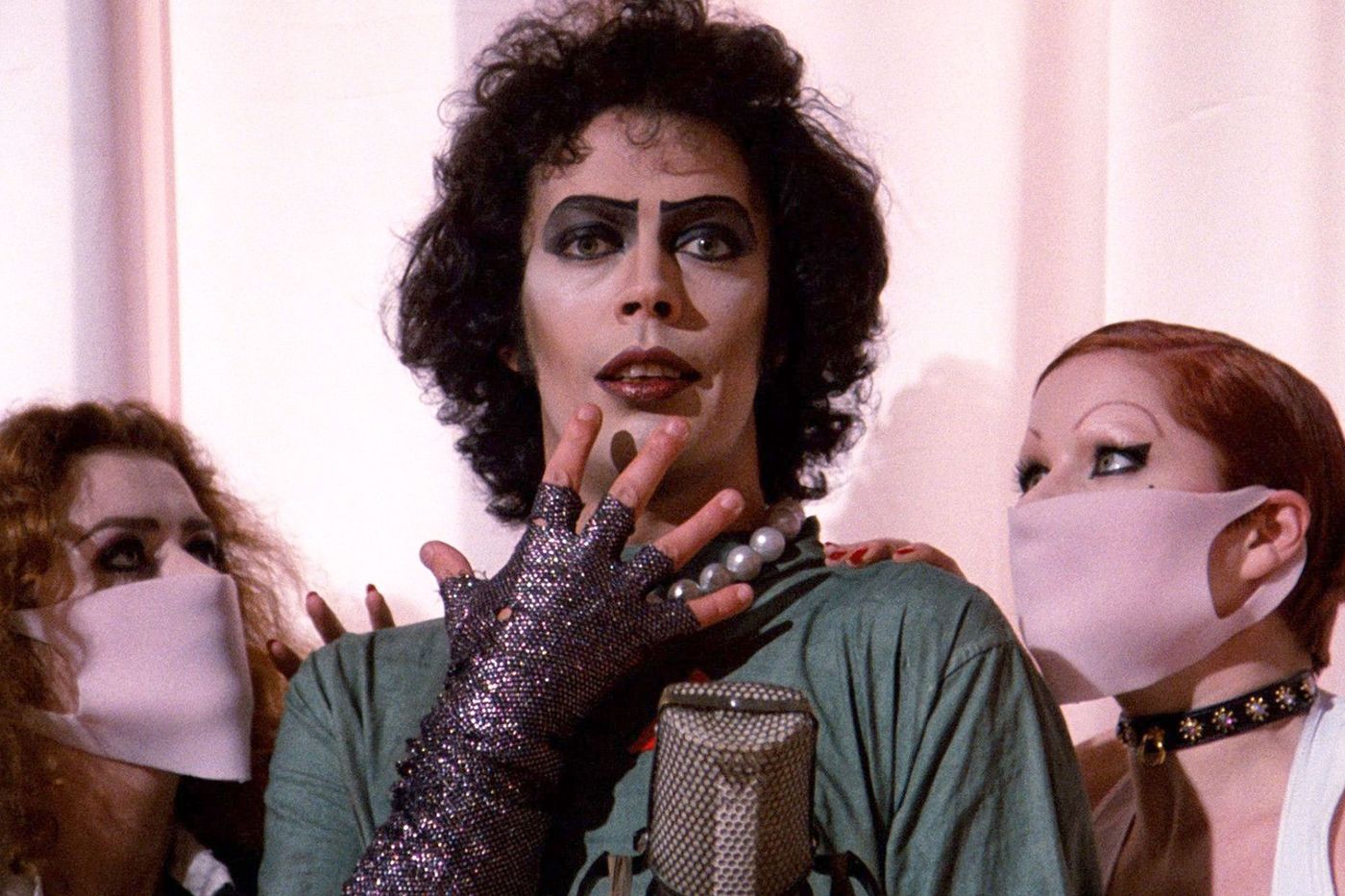Oh fuck, oh fuck, our ponzi scheme is about to enter the find out phase.
They’ve tried everything except immigration. Now there is nothing left to try!
They have a surprising amount of immigration from Brazil.
It’s odd though, because the people immigrating to Japan from Brazil are the adult children of people who previously immigrated to Brazil from Japan. Not that that doesn’t happen with other countries.
It’s just an interesting tidbit I learned not that long ago that I really didn’t expect.
They do try immigration, but they focus on young ppl who are useful. They want workers. If I remember correctly have they doubled the immigration since 2000. And since 2018 did they put up a legislation to take in 345 000 more immigrants in 5 years. I think they went for the “slow but steady wins the race” but they seem a bit desperate right now so I wonder if they will open that immigration gate more soon.
If I’m not mistaken, Japan is open to hire skilled workers from abroad. But anecdotally, I heard that the country is having issues filling up “less skilled” workers such as in construction and shopkeepers. Moreover, I think Japan is very stringent with extending visa for most immigrants even for skilled workers.
Daycare/Kindergarten is already free across the country for all children starting at 3 years old.
All child healthcare is also free after a prefecture-set monthly premium (usually about 1000 yen).
This policy announcement is specifically about making the 0-3 year old gap free.
Honestly I’d rather just see the government pay more into the shakai hoken (the national insurance that pays for mother/father leave) so people can take more time off from work early on in the kids’ lives.
Making it easier for parents to go back to work instead of focusing what’s good for children and parents seems par for the course.
Daycare/Kindergarten is already free across the country for all children starting at 3 years old.
My information might be biased towards the greater Kanto area (Tokyo/Yokohama), but I’m not aware of anybody paying less then 20000 Yen (a little over $100 USD I guess) per month per child for a place in a public daycare (can be more than double, depending on the area/daycare, and much more for private ones).
It’s much more complicated, though. You can receive various support money from the state/prefecture/city, but it’s usually less than what you have to pay. And you’re not guaranteed a place, and the waiting list cam be long (especially in highly populated areas in Tokyo).
The only solution is to make childcare paid i.e. every single person that has a child gets a stipend worth a full time job.
Because it is a full time job.
Why is it framed like it’s something extreme?
I read it as snark/sarcasm. Like they are adding something that already should be.
Capitalism literally has failed the human race
The post is capitalism and it’s something good happening, tho.
Always has.
deleted by creator
Decent first step, but it’s going to take an actual investment in making parenthood desirable.
Parenthood is already desirable. There’s a biological drive and social conditioning to desire it for most people. The disincentives have just become overwhelming. Children take a hell of a lot of resources. Every aspect of modern society has drained all the time, money, energy, emotional resiliance, social support, etc that people need.
Also the future is bleak in the poly-crisis.
Did you watch the new Tom Nicholas video, by chance?
I’m logically aware that’s the case for other people, but I find it perplexing why often times. I was sterilized in my mid 20s, and I haven’t ever regretted it.
Same. I suspect fomo. I experience that for other things but I never bought that kids thing.
Meh
Wait until they will discover affordable housing thing.
Housing is pretty affordable in Japan since housing in Japan is not an investment, it depreciates like a car (only the land has value, the house ontop of it has literally negative value since it’s assumed anyone will want to bulldoze it), and their lax zoning allows for continual densification to happen.
Wait until you find out it is normal to tip your landlord there
Only once in my life have I got my damage deposit back. That is tipping the landlord a lot of money. The time I got it back was in a terrible situation and I had leverage over the parasite.
Usually the newer buildings owned by larger real estate groups don’t do they kept money thing anymore.
I’ve only really seen it in buildings owned by small real estate concerns and old dudes.
It’s luckily getting kind of pushed out as a normal thing, just slowly.
Housing in Tokyo is known for being relatively affordable, actually.
ya it’s funny when you watch some videos about “small apartments” in tokyo and only to realize they are still more cheaper and spacious than some NA options in big cities.
less expensive more expansive
Not in Tokyo, but farther out in Tokyo’s residential cities (outside the 23 wards like Chiba and Saitama)
It’s even cheaper the farther you get from train stations. There’s a 30 minute walk “cliff” where residential land prices plummet when you’re more than 30 minutes walk away from a train station.
If I lived in Tokyo, though, I certainly wouldn’t want to be a 30+ minute walk from a train station. That makes leaving home a pretty big task.
30m walking is like a sub-10 minute bike ride. No biggie!
you could always use a bicycle
Nice! really good direction. If this good results I hope more places follow suit.
Childcare is outrageous. Daycare for my two kids was more than my mortgage every month. Ive been counting down until they were eligible for public schools
Damn, in Norway is not free, but both public and private kindergartens (1-6) are capped in terms of what they can bill for each month. Which is about 210usd
The rest is paid for though taxes obviously.
Unfortunately for many of us Americans, there is a substantial contingent of our government that would really like to do away with public schools.
Basically doubles income if it is free.
What governments and corporations never understand and will never want to understand is that …
… it isn’t about the quantity of life … or even the quantity of people who are alive or are born
… it’s about the quality of life
If everyone lives a comfortable, safe and fulfilling life without risk of poverty or losing everything they have, then they are more likely to have children and raise them to become productive people who will contribute to society.
Otherwise if you don’t take care of people, they will either have no children or a bunch of children that will all grow up to become a burden to society.
Maybe we should be less focused on making more people, and more focused on enabling living people to work together to meet each other’s needs?
People will have children. But the only thing that pushes the nationalistic desires to have a positive birth rate is the zealotry around eternal 3%+ growth of financial product. That needs a growing consumer base.
We could be achieving an economic degrowth while simultaneously increasing the standard of living. Instead we have tech billionaires, a venture capitalist class, and a war on women’s(as well everyone else’s) bodily autonomy.
If everyone lives a comfortable, safe and fulfilling life without risk of poverty or losing everything they have, then they are more likely to have children and raise them to become productive people who will contribute to society.
You would assume that, but is it really true? The countries with the safest and most comfortable lives, in Scandinavia, have the lowest birth rates. The countries with the least safe and comfortable lives, in Africa, have the highest birth rates.
Well, countries with higher birthrates have a third option that is essentially negligible in those with lower birthrates, which is not even making it to adulthood. Effectively still less children end up becoming productive members of society. And together with that, due to less available social services, often a goal of having children survive is so they can take care of the parent when they’re older.
As soon as infant mortality becomes a non-factor, birthrates decline drastically as well. And since children are no longer largely seen as a “life assurance” for when parents are older, and the society’s demands for productive members is higher as well, the focus really does shift to the quality of the life and the two types of reasons to have kids are harder to compare. But even among developed nations you can see differences in fertility rates.
four-day workweek
/me franticly googling rents in Japan
The way I’ve heard it said is “if you live in a developed country, you could probably afford to move to Japan right now. If you get a job in Japan, you’ll never afford to move back.”
Japan’s cost of living is low compared to developed nations, but their average income is also low for a developed nation.
When you move from the US you lose like half your salary for an equivalent position (more now cause of the relative power of the dollar to the yen).
The people that live like kings are the ones that are in Japan at the behest of American companies on American salaries living at like a third of their American costs.
rent is cheapish, it’s everything else that will get you. if you’re fine with crushing and all-permeating conformism, ridiculous degree of nationalism and misogyny, how you won’t be ever accepted as one of their own as foreigner and famously toxic work culture, feel free to give it a shot
Housing in Japan is cheap. Smaller than you’re used to but still cheap.
Housing in Japan is treated the same as a car, it depreciates as soon as you move in.
This should be everywhere.
Affordable housing, better working conditions, less working hours, efficient healthcare and better pay. It’s not hard goddamn it.
Considering the situation they should mave life care, no one wants to have babies there. Raise by social entities
Considering the situation in this country, the government should have gone a step further and implemented a live care system (LIVE care), where children are raised by specialized care organizations.
That would be a hit in the US










